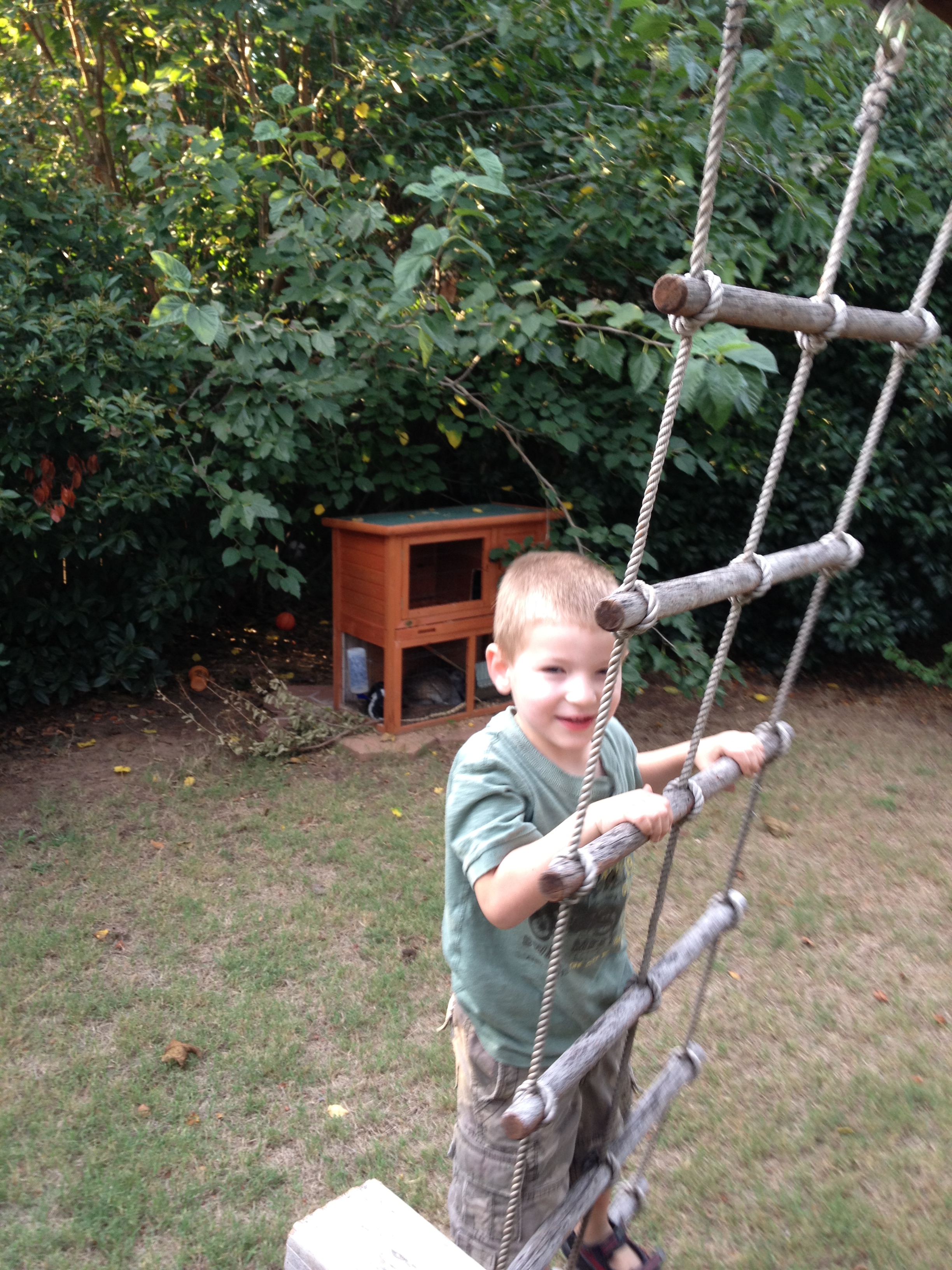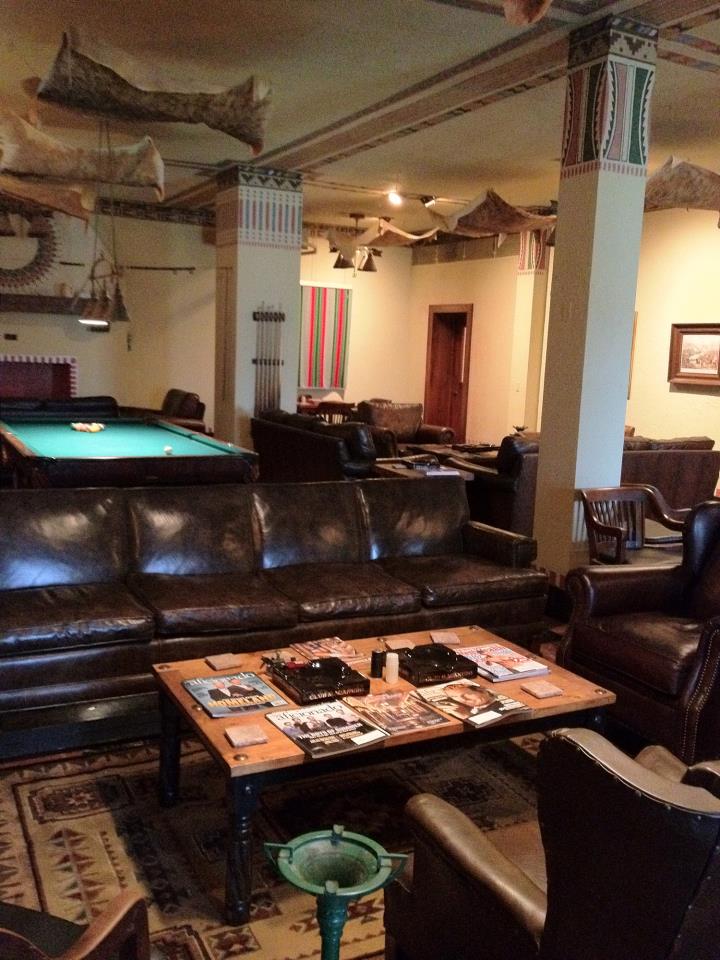This is my twenty-first post in a series, where each Monday (if possible) I will post about a point of reflection or insight that I will use to reflect and meditate on during the week. In order to make it a bit more focused and interesting, I will attempt to do this with topics beginning with letters from A to Z. I have often found that having a specific topic to reflect and/or meditate on during the week really lends itself to interesting insights and growth, because you not only have several days to reflect and meditate on the topic, but you have several days to put any lessons and insights that you discover to work in your every day life. For those that follow me on Twitter (@JasonLivingNow) I will try to write updates as the weekly topics come up during meditations, moments of reflection, or just during everyday life. To view the current and previous entries in this series, please visit the: Reflections and Insights A Through Z section.
U= Unplugging from Technological Chaos: I am often amazed at the amount of general noise that is present in modern life. It seems that almost every moment of my life is filled with electronic noise that seems to be constantly vying for my undivided attention. My iPhone is constantly alive with various buzzes, dings, and chirps (The ringtone of which I have changed to crickets, to make it a bit less raucous), which notifies me of the arrival of emails, Facebook, Twitter, or text messages. Television programs are interrupted every 10 minutes or so with loud and flashy commercials, which all seem to try and convince me that I am either inadequate and am in need of fixing, or that I need to spend more money, and more often than not a combination of the two, all the while seemingly trying to throw me into a light and sound bombardment induced seizure. 😉
Because of the noise saturation and general hectic pace of modern life, the chaos caused therefrom can seem to just be a natural part of modern life. However, there is increasing evidence that the fast paced and noise polluted environment of modern urban and suburban life, is actually damaging to our health. Several studies have shown that noise pollution can cause our stress hormones, and other stress induced physical responses such as heightened blood pressure, to increase dramatically. As the stress responses increase, we can become constantly anxious, nervous, distracted, and even depressed.
In short, the chaos caused by the constant buzz of technology, can cause us to be physically and mentally unhealthy.
I think the extent of noise pollution, and the almost instant relaxation associated with unplugging from the constant buzz, became clearer to me during and after my recent trip to Colorado, where the remoteness of our camp meant very limited cell phone service. At first, the lack of technological connectivity seemed very odd and almost eery. How on earth was I going to manage without being able to constantly keep tab of my social media accounts and my email listservs?!
After a few days of withdrawal, I began to thoroughly enjoy the sense of connectivity with life that is so often hard to achieve with the constant buzz of modern life. Mindfulness was no longer something I had to necessarily strive for, or constantly remind myself to re-engage with, because without technology, my morning coffee and breakfast were enjoyed without interruption, the crunch of snow beneath my feet, and the bite of a cold wind and snow was fully felt, and the smells, sights, and sounds of the mountains were fully experienced.








